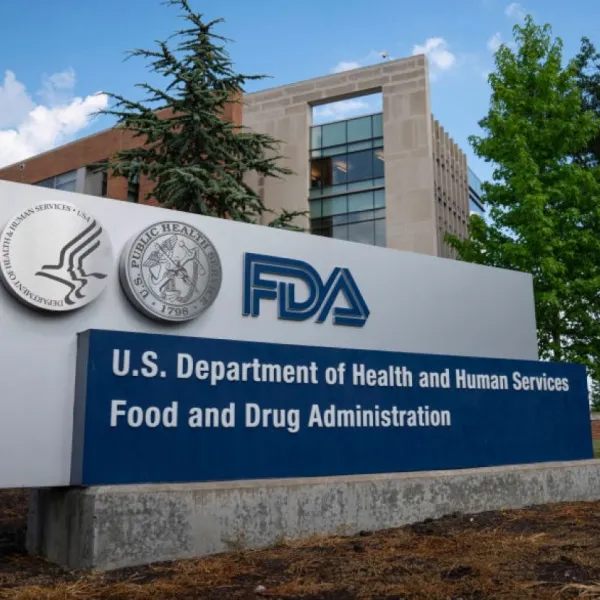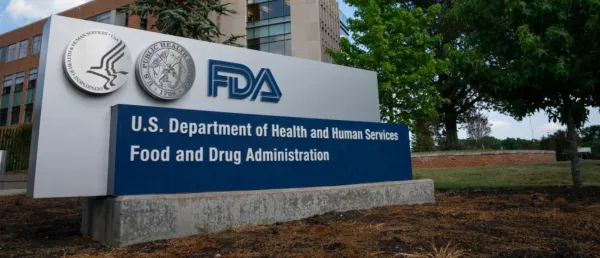Walgreens Considers Selling Stake in VillageMD Amid Financial Struggles

This move follows substantial losses tied to VillageMD. Walgreens reported a $6 billion deficit in the second quarter of 2024, partially attributed to the primary care provider's underperformance.
Walgreens is contemplating a full sale of its stake in VillageMD as it navigates significant financial challenges.
The drugstore chain disclosed it is evaluating various strategic options, including the complete sale of VillageMD or a partial divestiture.
This move follows substantial losses tied to VillageMD. Walgreens reported a $6 billion deficit in the second quarter of 2024, partially attributed to the primary care provider's underperformance.
Financial Strain & Operational Cuts
Walgreens invested $1 billion in VillageMD in 2020 and later added $5.2 billion to become its majority owner. However, the company is now reconsidering this commitment.
Last year, Walgreens announced the closure of 60 underperforming clinics and plans to exit five markets as part of a $1 billion cost-saving strategy. VillageMD, which also owns Summit Health-CityMD, will shut 160 clinics, including the previously announced closures.
This decision reflects slower-than-expected patient growth and changes in Medicare reimbursement models, impacting VillageMD's financial stability.
During an earnings call in March, Walgreens CEO Tim Wentworth noted the scaling back of VillageMD's operations.
He stated, "VillageMD will close 160 clinics, including the 60 we had already announced. The business has faced slower growth and difficulties in multi-specialty productivity."
Walgreens' global chief financial officer, Manmohan Mahajan, highlighted that the business struggled with “slower-than-expected trends in patient panel growth and multi-specialty productivity and recent changes in Medicare reimbursement models.”
VillageMD’s inability to repay a $2.25 billion credit facility, which led to a default on the loan agreement, has exacerbated the company's financial woes.
Future of VillageMD & Market Trends
Walgreens' decision to reassess its investment in VillageMD marks a potential shift from its previous strategy to expand into primary care services. The company is exploring restructuring options and strategic opportunities to enhance liquidity and value.
“We believe in the future of these businesses [VillageMD, Summit Health, and CityMD] and intend to remain an investor and partner. However, we are working towards an endpoint to unlock liquidity and position them for rapid future growth” Wentworth said during the company's third-quarter earnings call in June.
The broader retail healthcare landscape has seen mixed results. CVS Health, for instance, continues to expand its Oak Street Health centers, focusing on senior care.
In the last quarter, CVS reported a 30% increase in the number of centers and a 32% rise in revenue. The company plans to expand its number of health centers to 300 by 2026, reflecting a continued commitment to growing its footprint in senior-focused primary care.
In contrast, Walgreens’ experience underscores the challenges retail healthcare providers face in balancing growth and profitability.
Nathan Ray, leading healthcare M&A at West Monroe, noted, “There were retail moments to build out a footprint and to build more of an integrated health service; some of that has done well, and some has not necessarily done well.”
Stay tuned for more such updates on Digital Health News





























